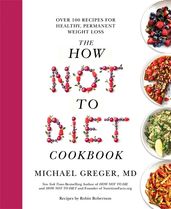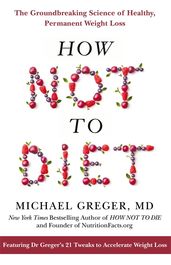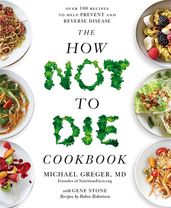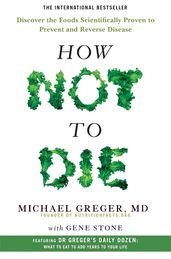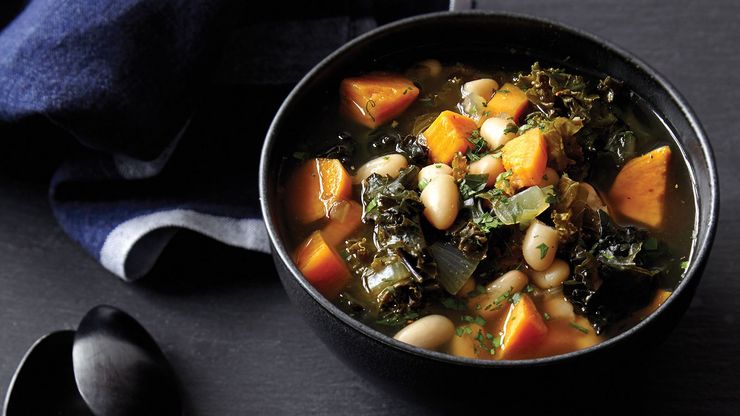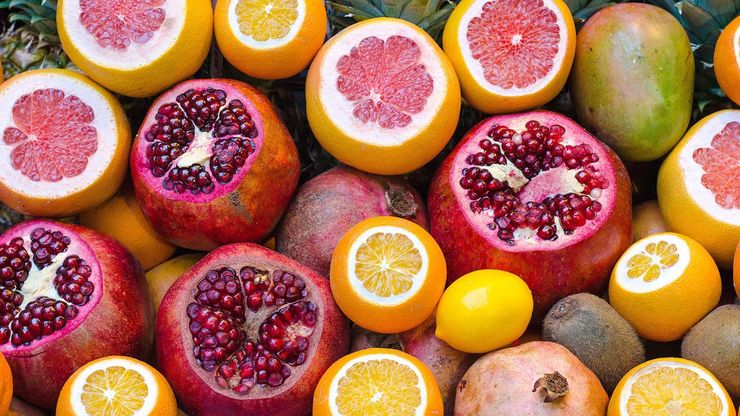Synopsis
'This book may help those who are susceptible to illnesses that can be prevented with proper nutrition' – His Holiness the Dalai Lama
The international bestseller, Dr Michael Greger's How Not To Die gives effective, scientifically-proven nutritional advice to prevent our biggest killers – including heart disease, breast cancer, prostate cancer, high blood pressure and diabetes – and reveals the astounding health benefits that simple dietary choices can provide.
Why rely on drugs and surgery to cure you of life-threatening disease when the right decisions can prevent you from falling ill to begin with?
Based on the latest scientific research, How Not To Die examines each of the most common diseases to reveal what, how and why different foods affect us, and how increasing our consumption of certain foods and avoiding others can dramatically reduce our risk of falling sick and even reverse the effects of disease. It also shares Dr Greger's 'Daily Dozen' – the twelve foods we should all eat every day to stay in the best of health.
With emphasis on individual family health history and acknowledging that everyone needs something different, Dr Michael Greger offers practical dietary advice to help you live longer, healthier lives.
'Dr Michael Greger reveals the foods that will help you live longer' – Daily Mail
Details
Reviews
Dr Michael Greger reveals the foods that will help you live longer
This book brims with valuable insights ... Vegetarian or not, this book is a great way to improve your diet
Dr Michael Greger presents the groundbreaking science on how simple plant-based food choices help us live healthier and happier lives
A new way of looking at nutrition and health. Michael Greger shows people how to save their own lives




